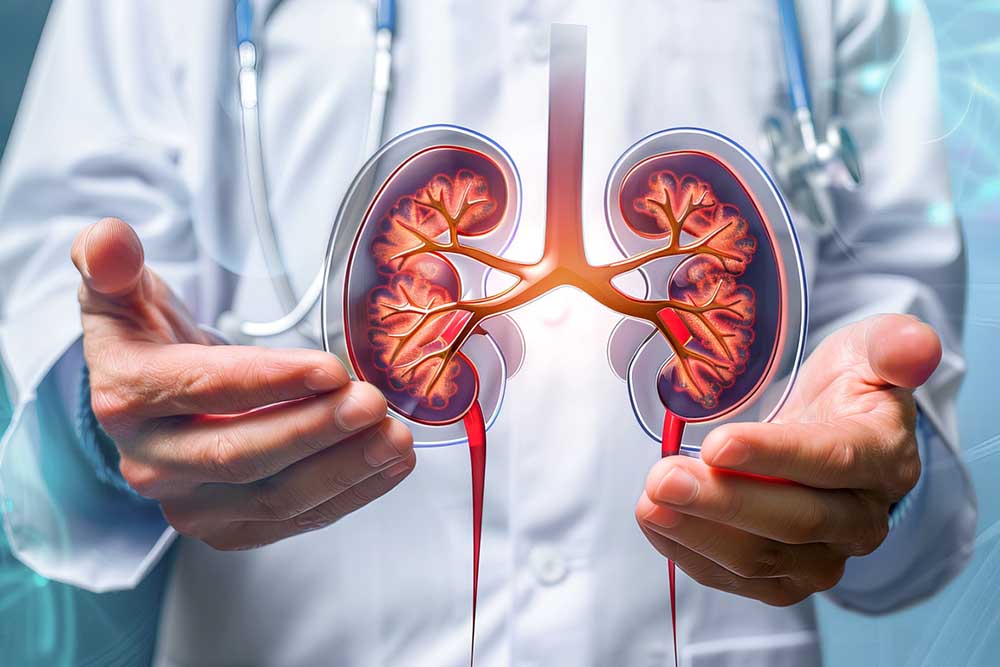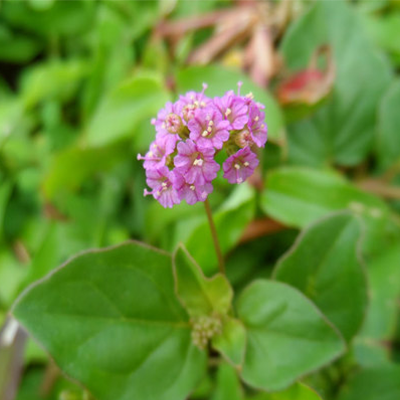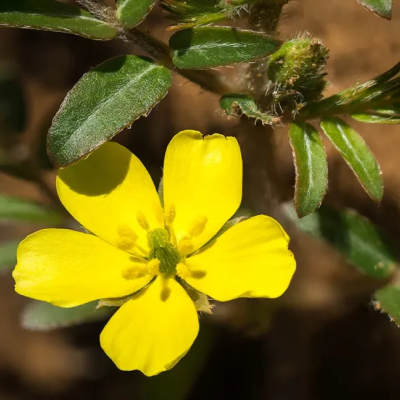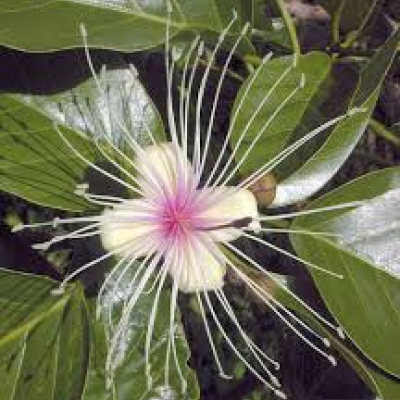Kidney diseases encompass a wide range of conditions that affect the kidneys' ability to filter blood, regulate fluids, and maintain electrolyte balance. From an Ayurvedic perspective, kidney diseases are primarily related to the imbalance of doshas and improper functioning of Mutravaha Srotas (urinary channels).
Common Types of Kidney Diseases
Chronic Kidney Disease (CKD):
- Progressive loss of kidney function over time.
Acute Kidney Injury (AKI):
- Sudden reduction in kidney function due to trauma, dehydration, or toxins.
Glomerulonephritis:
- Inflammation of the glomeruli, often due to immune responses.
Kidney Stones (Nephrolithiasis):
- Hard mineral deposits formed in the kidneys.
Polycystic Kidney Disease (PKD):
- A genetic condition causing fluid-filled cysts in the kidneys.
Urinary Tract Infections (UTI):
- Bacterial infections affecting the kidneys (pyelonephritis) or urinary system.
Diabetic Nephropathy:
- Kidney damage caused by long-term diabetes.
Hypertensive Nephropathy:
- Kidney damage due to high blood pressure.
Common Causes of Kidney Diseases
- Lifestyle Factors: Poor diet, dehydration, excessive alcohol, and smoking.
- Chronic Conditions: Diabetes, hypertension, and autoimmune diseases.
- Infections or Blockages: UTIs, kidney stones, or tumours.
- Medications and Toxins: Long-term use of NSAIDs, antibiotics, or exposure to heavy metals.
- Genetic Factors: Conditions like PKD.
Symptoms of Kidney Diseases
- Swelling in the legs, ankles, or face (oedema).
- Fatigue and weakness due to anaemia
- Decreased urine output or changes in urination frequency.u
- Persistent itching (uremic pruritus).
- Nausea, vomiting, and loss of appetite.
- High blood pressure.
- Shortness of breath due to fluid overload.
Diagnosis of Kidney Diseases
1. Blood Tests:
- Serum creatinine, blood urea nitrogen (BUN), and GFR (glomerular filtration rate).
2. Urine Tests:
- Proteinuria, haematuria, or infections.
3. Imaging:
- Ultrasound, CT scan, or MRI to detect structural abnormalities.
4. Biopsy:
- To identify underlying kidney damage.
Complications of Kidney Diseases
- Kidney failure requiring dialysis or transplantation.
- Cardiovascular issues like heart disease.
- Bone disorders due to mineral imbalances.
- Electrolyte imbalances, particularly potassium (hyperkalemia).
Kidney Diseases: Ayurvedic Perspective
In Ayurveda, kidney diseases are closely related to the imbalance of Tridoshas (Vata, Pitta, Kapha) and malfunctioning of the Mutravaha Srotas (urinary channels). Depending on the cause and symptoms, kidney disorders may correspond to conditions like:
- Mutrakrichra: Difficulty in urination (urinary tract obstructions).
- Ashmari: Kidney or urinary stones.
- Mutraghata: Retention or suppression of urine.
- Prameha: A group of urinary disorders, including diabetic nephropathy.
- Vrikka Rogas: Disorders of the kidneys.
Ayurvedic Treatment for Kidney Diseases
1. Detoxification (Shodhana)
- Virechana (Purgation): To cleanse Pitta and reduce inflammation.
- Basti (Enema Therapy): Medicated enemas to balance Vata and improve kidney function.
- Raktamokshana (Bloodletting): For conditions involving high Pitta.
Key Herbs for Kidney Health:
Punarnava (Boerhavia diffusa) :
Diuretic, anti-inflammatory, and rejuvenative.
Gokshura (Tribulus terrestris):
Improves urinary function and prevents kidney stones.
Varuna (Crataeva nurvala):
Dissolves stones and clears blockages in urinary channels.
Kaasni (Cichorium intybus):
Protects kidneys and reduces inflammation.
Guduchi (Tinospora cordifolia):
Immunomodulatory and detoxifying.
Palasha (Butea monosperma):
Beneficial in clearing obstructions in the urinary system.
Herbal Formulations for Kidney Diseases:
1. Chandraprabha Vati:
- Supports urinary health, alleviates swelling, and removes toxins.
2. Gokshuradi Guggulu
- Beneficial in kidney stones, inflammation, and urinary retention.
3. Punarnavadi Kashaya:
- Diuretic and anti-inflammatory; helps reduce water retention and swelling.
4. Varunadi Kwatha:
- Effective for clearing obstructions in urinary pathways and preventing stone formation.
5. Shilajit (Mineral Resin):
- A rejuvenative that enhances kidney function and detoxifies the body.
Dietary Recommendations (Pathya):
- Consume light, easily digestible meals.
- Include kidney-friendly foods like:
- Barley water (Yavambu), horse gram (Kulatha), and cucumber.
- Fruits like pomegranate, watermelon, and cranberries.
- Vegetables like bottle gourd (Lauki), ridge gourd (Turai), and spinach in moderation.
- Spices like turmeric (Haridra), coriander, and cumin
- Stay hydrated but avoid excessive fluid intake if there is water retention.
Foods to Avoid (Apathya):
- Salty, spicy, and processed foods.
- Excessive protein-rich foods like red meat and fried items.
- Sour foods like pickles and tamarind.
- Alcohol and caffeinated beverages.
Panchakarma Therapies
Detoxification through Panchakarma is highly effective in managing kidney diseases:
- Abhyanga (Oil Massage): Nourishes tissues and improves circulation.
- Swedana (Sweating Therapy): Helps eliminate toxins through sweat.
- Basti (Medicated Enema): Balances Vata and supports kidney function.
- Uttar Basti (Urethral Enema): Specifically for urinary disorders like blockages or retention.
Rasayana Therapy (Rejuvenation)
Rasayana herbs improve overall kidney function and strengthen immunity.
- Ashwagandha (Withania somnifera): Supports tissue regeneration.
- Amalaki (Emblica officinalis): Antioxidant and nephroprotective.
- Triphala: Improves digestion and detoxifies the body.
Ayurvedic Prognosis for Kidney Diseases
Early-stage kidney diseases respond well to Ayurvedic treatment, with significant improvement in symptoms and kidney function
Advanced kidney diseases (e.g., CKD) require integrative approaches, combining Ayurveda with modern treatments to slow disease progression and enhance quality of life.
Consistent detoxification, herbal medication, and lifestyle changes are key to long-term management.
From an Ayurvedic perspective, kidney diseases are closely linked to imbalances in Vata, Pitta, and Kapha doshas, alongside Ama accumulation. Ayurvedic treatment focuses on detoxification, strengthening kidney function, and restoring.









